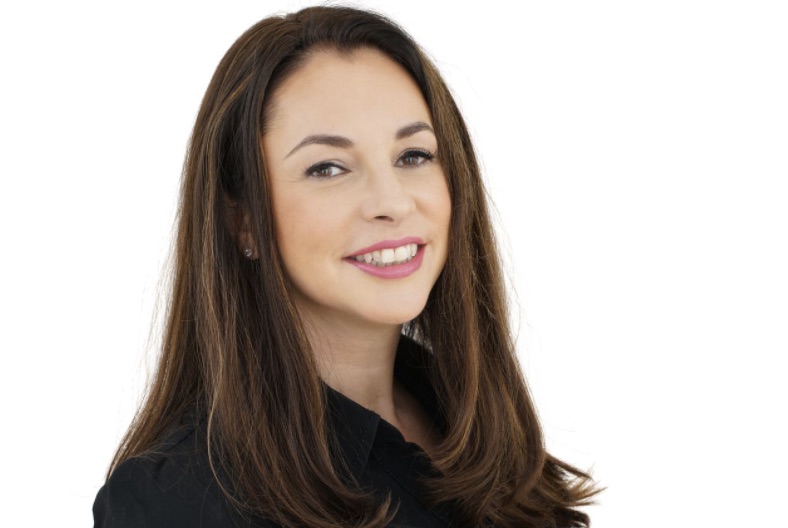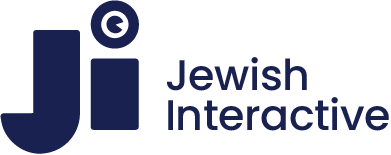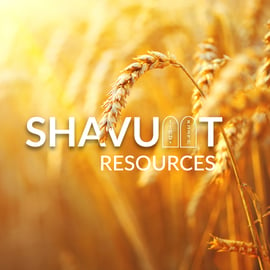“The Pandemic represents a rare but narrow window of opportunity to reflect, reimagine and reset our world” Klaus Schwab - Founder and Executive Chairman, World Economic Forum
What if we are asking the wrong questions?
In the current climate, do we simply want to frantically struggle to restore the status quo?
Surely the question should be : Was the status quo operating at an effective level? Was it serving all of our children fairly?
Perhaps now is the time, when we are anyway struggling, to dig deeper into change.
To use this time as the catalyst to change education and the way it has been delivered until now.
This was recently addressed in the Harvard Educational Gazette:
“What strategies, tactics and tools do we have to help us now?”
If I’ve learned anything over the past few weeks you can forget about predicting the future. It doesn’t work.
Some strategists are suggesting scenario planning. Well, that’s great if you at least know some of the variables and their range of impact and influence. I suggest we know one or two, but are a long way into ‘unprecedented’ terrain to be beyond talking about risk. Taking risks is going to be central in future decision making - something that needs to be considered from both a funding and execution perspective.
Learning from the past: maybe?
Can we look at what truly worked and what really didn’t objectively?
Can we look at budget cuts that should have been made, and initiatives that really didn’t work and be brave enough to make the cuts and invest in innovation?
The Gazette continued, If the future is a blur, the past limited in its lessons – that leaves the present and those aspects of strategic leadership that do not change:
Why we exist (our purpose or guiding principles)
What we believe in and what guides how we act (our values)
What makes us inimitable (our uniqueness).
The big W’s will (or should) help to underpin our decision-making: does this action help us serve our purpose, does it align with our values?”
Should schools who have completely different ethos combine to save money, but lose their souls? These are the conversations taking place now. Should we invest in new technologies, robust wifi or professional development when income is at an all-time low?
I found the big W’s above a useful reference to how we make those difficult decisions that are looming.
In my opinion, we need to learn the art of getting comfortable with being uncomfortable, with not knowing. Certainly not a problem at the moment when we are being thrown a deluge of daily and sometimes hourly challenges.
I would argue, a type of approach that is comfortable with being uncomfortable could very well sustain us and maybe even make us better. Indeed, the very real daily uncertainty many startup founders and leaders experience, meant that when this emergency situation occurred for some nothing really shifted all that much - so groomed for resilience, so used to being uncomfortable, that we were comfortable. Another challenge to overcome. Being part of a startup technology nonprofit, an agile approach is crucial to not only survive but to thrive, in the midst of adversity. Both in developer terms and in building a nonprofit - the ability to pivot, to reflect, to react and initiate is vital. To strategically plan, yes - but in an agile way. I believe we need to develop agility training in our education community and encourage greater affinity in our leaders for taking measured risks.
Agreeing with Klaus Shwab above, the narrow window of opportunity to reset is now.
If any time is the best time to reinvent school for the better, this period certainly has given us the impetus and rationale. It has hastily taken away any excuses built on a narrative that ‘this is how it has to be because this is the way we’ve always done it.’
There is an opportunity here to collectively see and experience how personalized learning and true learner-centered instruction can be accomplished. To try out examples such as cutting down to a 4 day week, trying a hybrid of online/offline school days, (giving schools opportunities to share physical resources more effectively), or share their online classes with students in different geographical locations they would never have reached before.
2020 is illustrating to us what the true non-negotiables are in our conventional education systems, what our critical goals are for learners and alternatively where we do, in fact, have room to innovate.
Every teacher in the world has now had a crash course on delivering online education. Some have been relatively successful, and others have found it challenging to make the shift needed in their pedagogical approach, to work in this environment. It is clear that just sharing hundreds of resource links isn’t effective. What is needed is training, patience and hand-holding, building a culture of agility and boldness to try new approaches.
In the past 2 months, education has shifted and we are being forced to reevaluate its delivery.
I am going to be trying to ask the right questions, be ok with living uncomfortably in the present, and do my utmost to upgrade the status quo. Join me?

Are You Comfortable Being Uncomfortable?

Written by Chana Kanzen
Chana Kanzen B.Ed(hons) QTS. Dip.Ed now CEO of Jewish Interactive. In 2013 she set up Jewish Interactive in the UK, now a thriving NGO. She currently still directs the UK’s expanding team and sits on their Board of Directors. She has helped to write and develop integrated curricula, established community programmes and regularly lectures to parents and teachers on a variety of educational topics. She has spoken at Google HQ in London and Tel Aviv, Apple HQ London and NYC and at Oxford University’s Department for Education. Before joining Jewish Interactive, Chana was a teacher mentor at the Jewish Curriculum Partnership, Head of Jewish studies at Morasha Jewish Primary school in London, England. Chana is passionate about innovative kodesh teaching and enjoys nothing more than watching children’s faces light up as they experience Judaism through JI.




